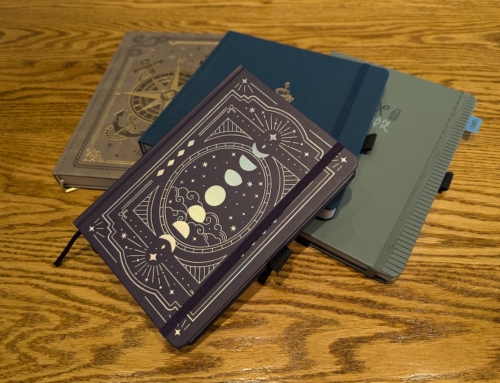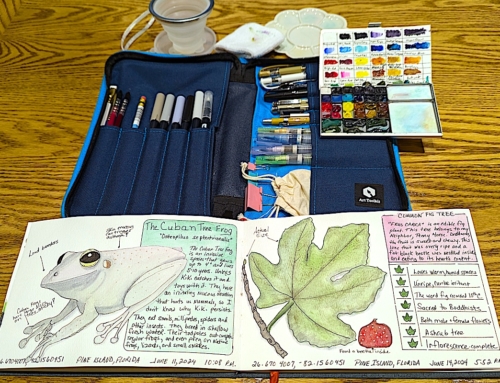
I deserved it.
Sarkeesian is a media critic specializing in pop culture. You can find her feminist/fan-girl commentaries on her website, www.FeministFrequency.com.
The day after Valentine’s Day, she posted a video “The 2012 Oscars and The Bechdel Test.” This morning, cult icon George Takei shared the video on his Facebook fan page. Takei appreciated the video and commented on it, writing “I’m a member of the Academy and an Oscars voter, so when someone makes a good point, I listen, and try think critically. Here is one such example–and not just because of the shout out she gives my FB page.”

George Takei’s Facebook Fan Page
I hesitated clicking on the video link. It clocked in at more than 10 minutes. My coffee was getting cold, I hadn’t checked all the emails in my in-box, and with a dozen tabs open in my web browser, I had a lot of multi-tasking to do. Still, the video title intrigued me so I played the video in one of the tabs, while I scanned my e-mail.
Within seconds, I went back to the video. Riveted, I listened as Sarkeesian applied the Bechdel Test to the Oscar lineup, assessing the most appreciated movies of 2012 for their treatment of women. Here is an excerpt from the transcript of Sarkeesian’s video wherein she explains the test:
The Bechdel Test is a very basic gauge to measure women’s relevance to a film’s plot and generally to assess female presence in Hollywood movies. It was popularized by Allison Bechdel in her comic Dykes to Watch Out For back in 1985. In order to pass the test a film just needs to fulfill these three, very simple, criteria: A movie has to have at least two women in it who have names, who talk to each other, about something besides a man. Pretty simple right? I mean this is really the absolute lowest that we could possibly set the bar for women’s meaningful presence in movies.
Let’s remember that this was made as a bit of a joke to make fun of the fact that there are so few movies with significant female characters in them. The reason the test has become so important in recent years is because it actually does highlight a serious and ongoing problem within the entertainment industry.
This brings me back to the pie. The “pie in the face” gag originated in the 1909 Essanay Studios silent film “Mr. Flip,” starring Ben Turpin, who receives a pie in his face for taking liberties with a woman.
What liberties have I taken and why do I deserve a pie in the face?
I’m a writer and the female perspective is important to me. I opine in “Hard-Wired to Be a Hero,” that romance writers, “call the women of our stories “heroines” but do we regard them — and their journey to love and happiness — as heroic? We should if we plan on telling a good story, because everyone is a hero and everyone’s story is the “heroic journey.”
When I apply the Bechdel Test, however, I realize my stories aren’t much better than the dismal failures the Oscar committee selected as the best movies of 2012.
That’s right. Although my characters are women and there are other women in the books, in most scenes they are talking about a man.
Sigh.
I should know better. Honestly, I should. I’m an anthropologist. I study people.
I’m currently working on a story that fails the Bechdel Test, but I can change it. Starting today, I’ll view my characters and scenes with a renewed perspective, making sure I don’t marginalize them or demean them intellectually or sexually.
As a pop culture critic, Sarkeesian put the most visible works to the test, but in truth, movies are only as good as the story behind them.
As writers, we need to make sure our stories honor women.
So, excuse me while I wipe some of the pie off my face and humbly eat it.













